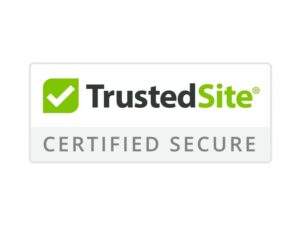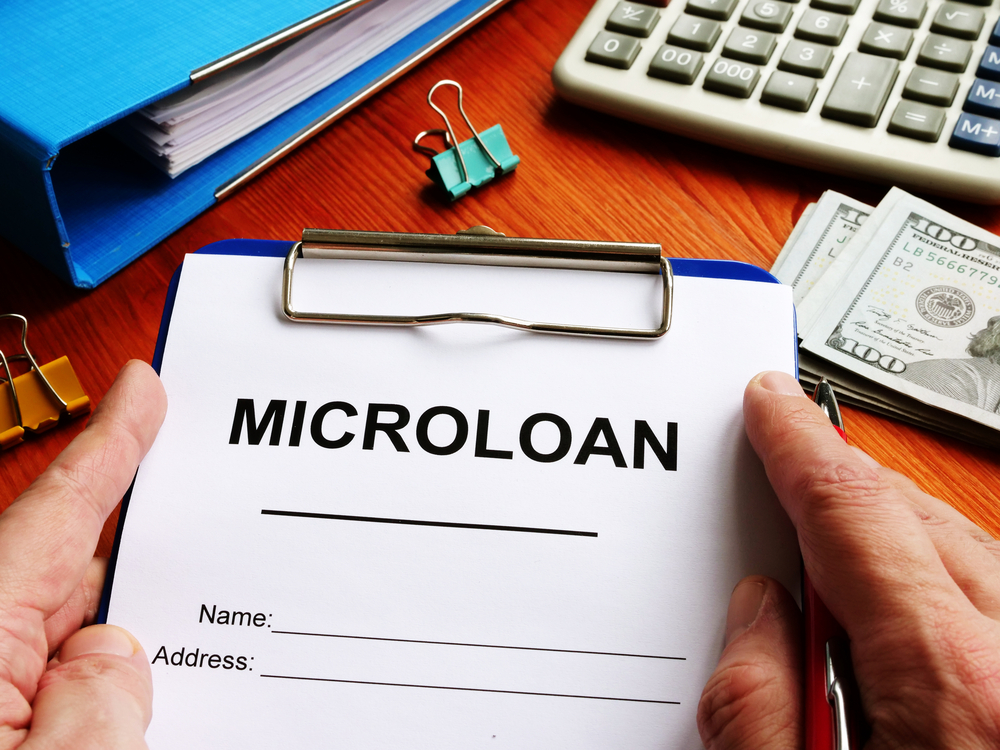The focus of Microloans is on the financing needs of small, and beginning businesses.
Traditional banks will not lend any amount of money to a startup that doesn’t have an established credit history.
The SBA does not issue microloans directly.
A Microloan can be good for a business that is struggling to qualify for traditional bank financing.
Microloans usually work like traditional term loans, a business can receive a lump sum of capital from a Microloan Lender and then repay the loan with interest, over a specific amount of time.
For businesses a Microloan can be a great way to build a credit file
The (SBA) U.S. Small Business Administration Microloan program provides loans of up to $50,000 to help small businesses and start ups expand their operations.
The average Microloan is about $13,000 yet smaller-size loans of $5000.00 up to $50,000 are provided through SBA funding intermediaries.
Microloans work like regular business loans, with the exception they are not issued by any traditional banking institutions.
Sometimes, Micro-lenders might place restrictions on a businesses’ use of loan funds.
Eligibility standards for Microloans are set by both the SBA and the individual lenders. Credit standards are generally more relaxed compared to other business loans.
The (SBA ) Microloan program helps small businesses and certain not-for-profit childcare centers.
The SBA provides funds to designated intermediary lenders
These intermediaries administer the Microloan program for all eligible borrowers.
Every intermediary lender has its own requirements for lending and credit.
Microloans may be used for many purposes such as to help small businesses to expand and grow.
A Microloan is good to have when a business needs less than $50,000 to enhance, or make improvements.
Examples would include:
- Working capital
- Inventory
- Supplies
- Machinery
- Purchase Equipment or make repairs
Proceeds from an SBA Microloan can never be used to pay toward any existing debts or to purchase any real estate.
Flexible eligibility requirements; startups and businesses with limited or bad credit may qualify for a Microloan.
Micro-lenders will consider
- Personal credit score
- Annual revenue
- Time in business
- Past or current debt obligations
- Previous bankruptcies
The (SBA) acts as an intermediary lender, providing funding for Microloans.
The (SBA) does not “review, underwrite, or have the authority to approve or deny any Microloan.
The (SBA) is a government agency which sets guidelines for the Microloan program.
Microloan recipients must be able to repay and provide enough collateral to secure the loan on a dollar-for-dollar basis.
A Microloan is a short-term loan (six months to five years) up to $50,000.
There are many types of Microloans, this article focuses on (SBA) the Small Business Administration Microloan.
Micro-lenders may be able to finance a business based on its business plan and its projections for monthly cash flow.
Depending on how a Microloan is financed, Microloans can be used for working capital, inventory or supplies, machinery or equipment.
Micro-lenders require that a business gather its financial information, including personal and business credit history, bank statements, and tax returns.
For existing businesses over 2 years old:
- Business must have positive cash flow
- Minimum FICO Score of 620-640 is preferred, FICO (Fair Isaac Corporation), originally Fair, Isaac and Company
- No less than two years of experience in the industry
- Collateral or a owner/owners as co-signer with collateral and good credit
- Ability to repay the loan
For business start-ups:
- Owners must have put at least 25% of their own funds in the business
- Business must have good credit
- At least two years of industry experience
- Collateral, or a owner/owners as co-signer with collateral and good credit and the ability to potentially repay the loan
- Strong business plan, including financial projections and market analysis
In addition to these qualifications, a business must also meet the general eligibility requirements for SBA loans, such as being in an approved industry ( no gambling, lending, real estate investment, or speculation-based businesses allowed) and being a for-profit business based in the United States.
For existing businesses over 2 years old:
- Good credit and the ability to potentially repay the loan
- Strong business plan, including financial projections and market analysis
The U.S. Small Business Administration (SBA) Interest rates typically range from 8% to 13%.
Micro-lenders will want a businesses to demonstrate that it has the ability to repay the loan through the form of detailed financial projections and cash flows statements.
For a (SBA) Small Business Administration Microloan Visit: SECA Funding Company
Call Now, Today! Toll-Free +1 (800) 413-5167 Extension 9



